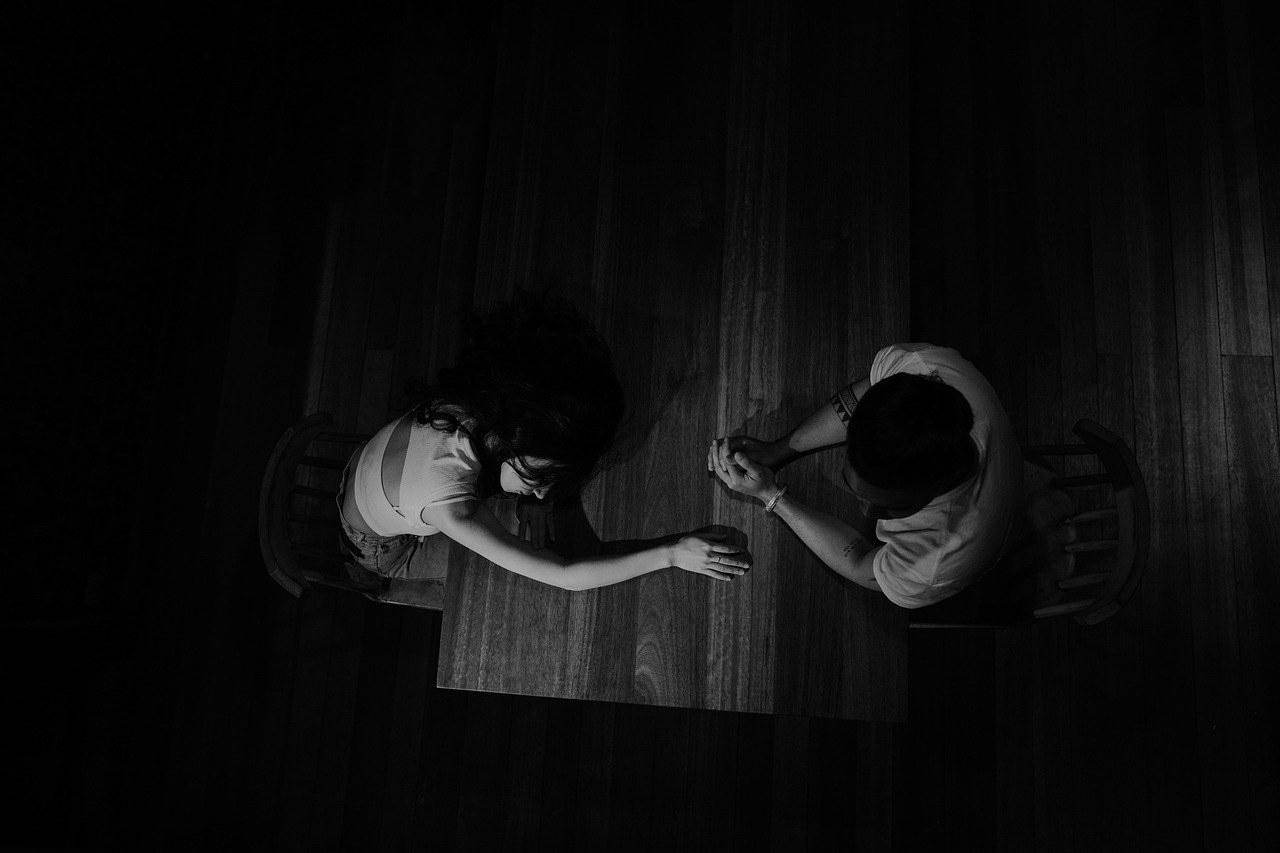Stepping out of a long-term partnership can feel like arriving in a quiet house after years of constant conversation – startling, disorienting, and oddly echoey. You may have been the one who chose to end things, or perhaps the change was thrust upon you; either way, the first stretch often aches. That ache does not mean you made the wrong turn. It means you are human, relearning rhythms that used to be second nature. In time, being single begins to feel less like a gap and more like a spacious room where you can stretch again.
Why this season is not a setback
People often compare couplehood with stability and solitude with uncertainty, but that’s an illusion. Relationships bring their own joys and demands, while being single offers a different style of joy – autonomy, clarity, and a calendar you control. Early on, those benefits can be hard to notice because habit is loud. Give yourself patience. You have been part of a we; now you are building a stronger me, and that reconstruction takes gentleness and time.
How to reorient after a breakup
Time is the quiet architect of recovery, yet you can help it along. The ideas below are not a race or a checklist; they are gentle invitations. Pick the ones that fit today, return to others later, and treat yourself with the same kindness you would extend to a close friend navigating the same path.

-
Spend a night on your own terms
The first night solo can feel cavernous. Instead of trying to outrun that feeling, plan it. Choose a movie, prep a favorite meal, set clean sheets, and make the space soothing. Let the evening be about being single without turning it into a verdict on your worth. You are learning the contours of quiet – and discovering you can fill it beautifully.
-
List what lights you up

In long relationships, preferences blend and blur. Sit down with a notebook and write activities, places, and rituals that make you feel alive. Keep the list visible and start scheduling items in small, realistic chunks. This is not about reinvention for reinvention’s sake; it’s about remembering, and the remembering becomes a compass for being single with intention.
-
See a film by yourself
There’s quiet power in walking into a cinema alone, choosing exactly what you want to watch, and reacting freely. Laugh too loud, tear up without apology, or simply savor the story. Going solo highlights a vital truth – being single does not mean you are incomplete; it means your time and taste get to take center stage.

-
Take yourself to dinner
Dining alone can feel awkward at first because you’re used to chatting across the table. Bring a book, sit at the counter, notice the details of the room, and practice enjoying your own company. It’s not a consolation prize; it’s a declaration that your presence is reason enough to go out. The more you do it, the less you wait for permission to enjoy ordinary pleasures.
-
Revisit dating when you’re ready
There is no stopwatch on healing. When curiosity nudges – not loneliness, not panic – say yes to low-pressure dates. Think of them as conversations rather than auditions. You are exploring your own boundaries and interests, not replacing anyone. That mindset keeps being single from turning into a scramble and lets connection grow where it naturally belongs.
-
Play with flirtation
Flirting is social sparkle. Keep it light, kind, and fun. Compliment someone’s jacket, share a witty remark, or simply make eye contact a second longer. Your goal isn’t to leap into commitment; it’s to reawaken the part of you that enjoys interplay and possibility. That spark reminds you that attraction is abundant and that you are allowed to enjoy it.
-
Invest in friendships
Friends stand shoulder to shoulder during the wobbly parts, but they are more than a support unit – they are a vibrant piece of your life. Ask about their worlds, celebrate their wins, and plan something playful. As the conversation shifts from the breakup to broader horizons, you’ll feel your identity expanding beyond the past.
-
Reconnect with family
When a relationship ends, your time loosens. Use some of that space to call a sibling, drop by a parent’s place, or spend an afternoon with relatives you’ve missed. Family can be grounding – not because they have perfect advice, but because they often remember versions of you that existed before the relationship. Those memories can steady you while you practice being single with more confidence.
-
Read your way through the in-between
Books offer a thoughtful refuge. Fiction lets you inhabit other lives; reflective writing gives language to feelings that are hard to name. Even fifteen minutes before bed can become a ritual that calms the mind. As your focus returns, you’ll notice attention stretching in other parts of life as well.
-
Write the reasons the relationship ended
In lonely moments the past can wear a halo. Counter that by listing, in your own words, why the breakup was necessary or inevitable. Keep the list accessible. When nostalgia walks in – as it will – reread it. This practice doesn’t minimize the good memories; it simply balances them with truth.
-
Let the tears do their work
Crying doesn’t announce failure; it moves feeling through the body so it doesn’t calcify. Give yourself permission to grieve without commentary – no “I should be over this by now.” Afterward, treat yourself gently: tea, a walk, a warm shower. You are not starting from zero; you are starting from experience.
-
Hold the boundary of no contact
Reaching out can feel harmless – a quick message to check in, a friendly update – but it often reopens wounds. Set a firm boundary for a stretch of time and remove easy access if you need to. The distance isn’t punishment; it’s space for your nervous system to settle so being single can feel like a stable ground rather than a cliff edge.
-
Try the thing you kept postponing
Perhaps you’ve always wanted to join a class, learn a language, start a passion project, or dust off an old skill. Begin small. The first imperfect attempt is more powerful than elaborate plans. Each session rebuilds self-trust and makes the present feel more yours.
-
Shift your surroundings
Environment cues memory. Rearrange furniture, swap out linens, add plants, or paint a wall. If you lived together, create new focal points; if you didn’t, refresh anyway. The visual change tells your brain, “Something new is happening,” and your habits follow. This is the physical counterpart to inner change – subtle but potent.
-
Refresh your look
A style reset can be quietly radical. Clear worn-out clothes, try silhouettes you’ve ignored, or book a haircut. This isn’t about seeking external approval; it’s about alignment. When the mirror reflects the person you feel yourself becoming, being single starts to feel like freedom rather than absence.
-
Do one thing that scares you (safely)
Growth lives just beyond comfort. Pick a challenge that is manageable yet meaningful – speaking up in a meeting, attending a meetup alone, taking a solo day trip. Fear shrinks when you move toward it in measured steps. Courage in one corner of your life tends to spill into others.
-
Set goals that belong only to you
Write down a few aims across different domains – health, creativity, career, community. Make them specific enough to guide action and flexible enough to adapt. Track progress weekly and celebrate micro-wins. Direction brings momentum, and momentum is healing in motion.
-
Meet new people without an agenda
Say yes to invitations, introduce yourself at events, and follow your interests into rooms where like-minded people gather. Approach conversations with curiosity rather than outcome hunting. Some interactions become friendships, some simply brighten an evening. Both are valuable, and both remind you that the world is bigger than your recent story.
-
Practice habits that feel like care
Self-love isn’t a grand gesture; it’s a rhythm – decent sleep, nourishing food, movement you enjoy, small treats that mark effort. Build rituals that make hard days softer: a weekly bath, a tidy desk before bed, a morning walk. The steadier your baseline, the easier it is to navigate inevitable emotional waves.
-
Choose an interesting life on purpose
Curate experiences – not to prove anything, but to enrich your days. Explore a new neighborhood, host a game night, take a workshop, volunteer, or try a weekend itinerary you design for yourself. Variety keeps the present vivid. As you follow curiosity, you’ll find that your life hums again, and the story of being single becomes one of color, not lack.
What this new chapter can become
Adjusting after a serious partnership takes practice. Some days will feel steady; others may tip back into longing. Keep moving gently. Let solitude be a teacher instead of a sentence. Celebrate every reclaimed choice, from what time you wake to how you spend a Saturday. As you build fresh routines and give your attention to people and pursuits that fit, being single stops feeling like a temporary hallway and starts feeling like a well-lit home you can furnish with care.